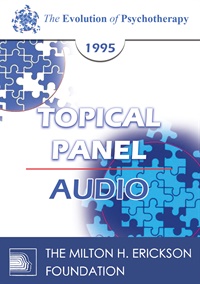EP95 Panel 05 - Transference / Countertransference - Otto Kernberg, MD; James Masterson, MD; Salvador Minuchin, MD; Irvin Yalom, MD
- Average Rating:
- Not yet rated
- Topic Areas:
- Topical Panels | Transference / Countertransference | Psychotherapy
- Categories:
- Evolution of Psychotherapy | Evolution of Psychotherapy 1995 | Pioneers in Couples and Family Therapy
- Faculty:
- Otto Kernberg, MD | James F. Masterson, MD | Salvador Minuchin, MD | Irvin Yalom, PhD
- Duration:
- 1:20:21
- Format:
- Audio Only
- Original Program Date:
- Dec 15, 1995
- License:
- Never Expires.
Description
Description: Exploration of transference and countertransference across therapeutic models. Kernberg outlines key transference types and the role of neutrality. Minuchin distinguishes transference from acting out and highlights the value of alliance. Masterson and Yalom consider the role of authenticity, with debate over self-disclosure and the therapist’s use of self in deepening the clinical relationship.
Moderated by Ellyn Bader, PhD.
Educational Objectives:
- To compare and contrast clinical and philosophical perspectives of experts.
*Sessions may be edited for content and to preserve confidentiality*
Credits
Handouts
| Timestamped Transcript (774.6 KB) | 17 Pages | Available after Purchase |
Faculty
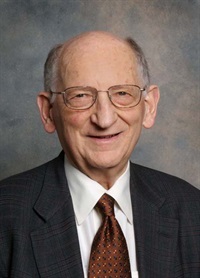
Otto Kernberg, MD Related Seminars and Products
Otto Kernberg, MD, is a psychoanalyst and professor of psychiatry at Weill Cornell Medical College. He is most widely known for his psychoanalytic theories on borderline personality organization and narcissistic pathology. Director of the Personality Disorders Institute at the New York Presbyterian Hospital, Westchester Division, and Professor of Psychiatry at the Weill Medical College of Cornell University. Dr. Kernberg is a Past-President of the International Psychoanalytic Association. He is also Training and Supervising Analyst of the Columbia University Center for Psychoanalytic Training and Research. Dr. Kernberg is the author of twelve books and co-author of twelve others. His most recent books are Psychotherapy for Borderline Personality: Focusing on Object Relations and Handbook of Dynamic Psychotherapy for Higher Level Personality Pathology.
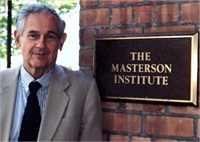
James F. Masterson, MD Related Seminars and Products
James F. Masterson (M.D., Jefferson Medical School, 1951) was Director of the Masterson Group, P.C., which specializes in the treatment of adolescent and adult character disorders. Additionally, he was Director of the Masterson Institute (formerly Character Disorder Foundation); attending psychiatrist at New York Hospital, Payne Whitney Clinic; and Adjunct Clinical Professor of Psychiatry at Cornell University Medical College. Masterson has authored seven books and edited two volumes, mostly on the topic of psychoanalytic approaches to character disoreders and adolescents. His seminal work on the borderline personality has made him one of the most influential and studied practitioners of modern psychoanalytic methods.
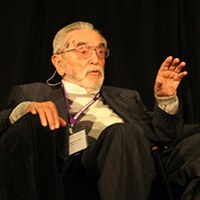
Salvador Minuchin, MD Related Seminars and Products
Salvador Minuchin, MD, developed Structural Family Therapy, which addresses problems within a family by charting the relationships between family members, or between subsets of family. He was Director of the Philadelphia Child Guidance Clinic. Although it was minimally staffed when he began, under his tutelage the Clinic grew to become one of the most modeled and respected child guidance facilities in the world. In 1981, Minuchin began his own family therapy center in New York. After his retirement in 1996, the center was renamed the Minuchin Center. Dr. Minuchin is the author of many notable books, including many classics. His latest is Mastering Family Therapy: Journeys of Growth and Transformation. In 2007, a survey of 2,600 practitioners named Minuchin as one of the ten most influential therapists of the past quarter-century.
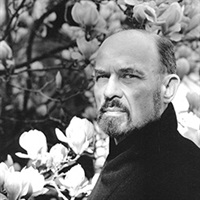
Irvin Yalom, PhD Related Seminars and Products
Dr. Yalom is a Professor Emeritus of Psychiatry at the Stanford University School of Medicine. His major areas of interest are Group Psychotherapy and an existentially - inter-personally based individual therapy. In recent years, he has taught via narrative using short stories and novels to teach the art of psychotherapy.
Dr. Yalom was the recipient of the first ever Lifetime Achievement Award presented by The American Group Psychotherapy Association (AGPA) at the 75th meeting on March 6, 2017 in New York City.


